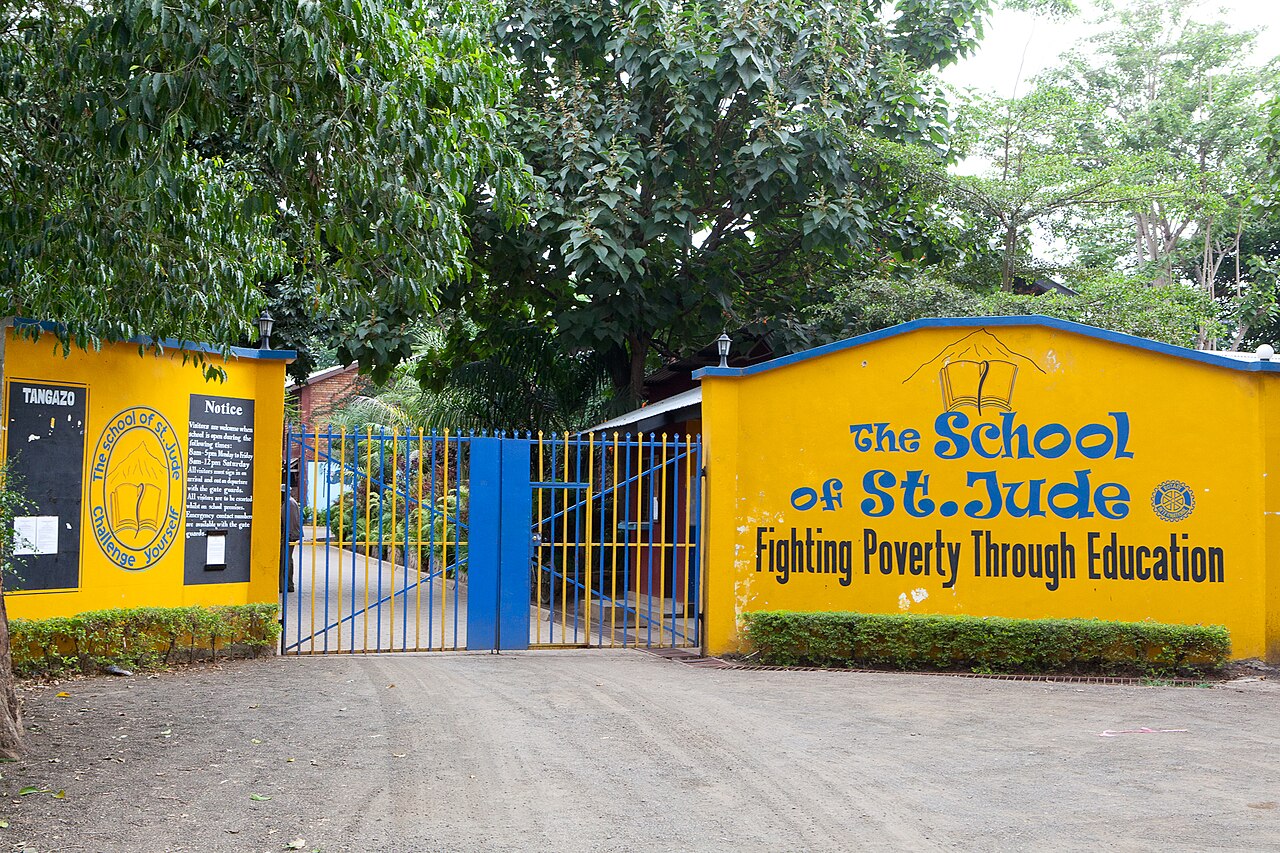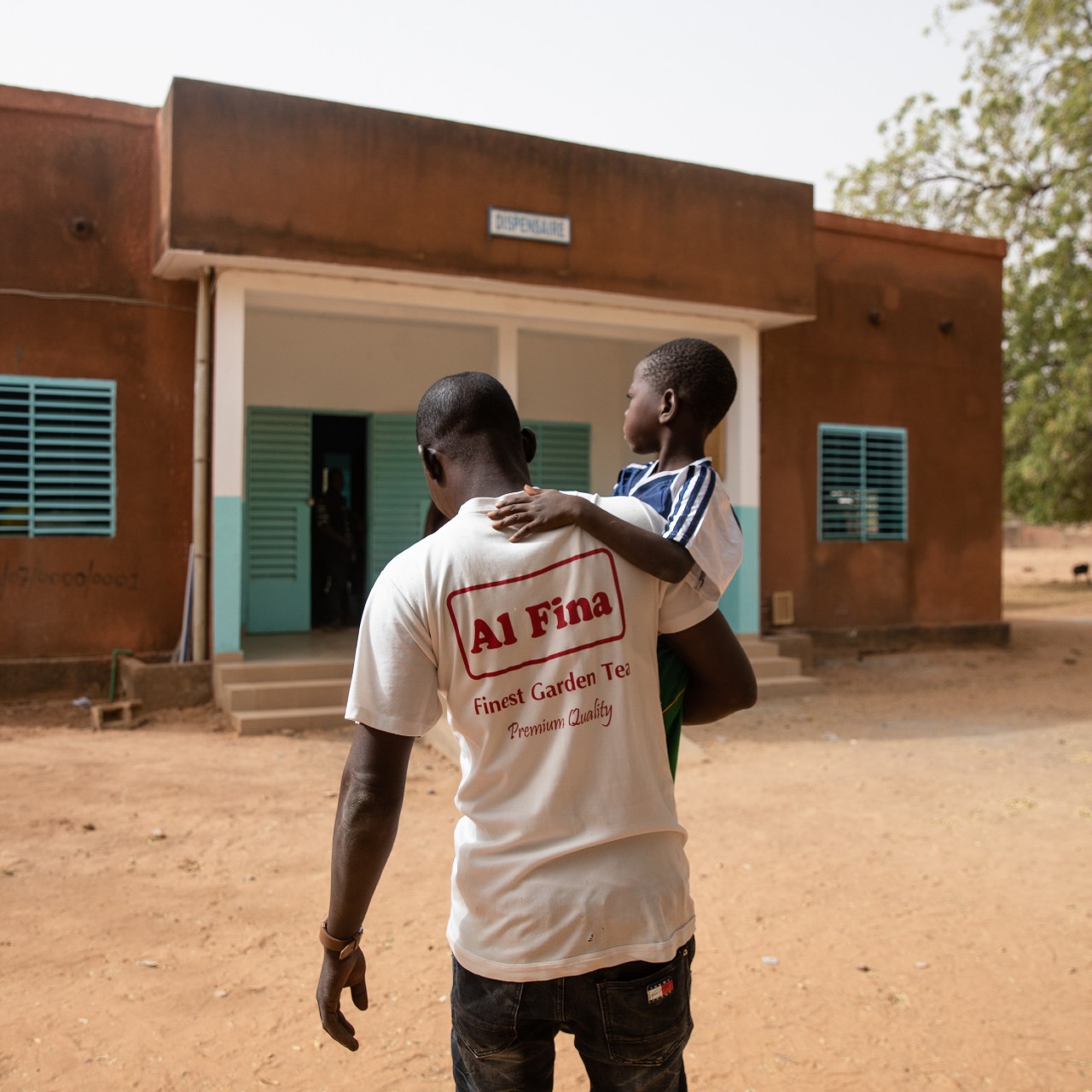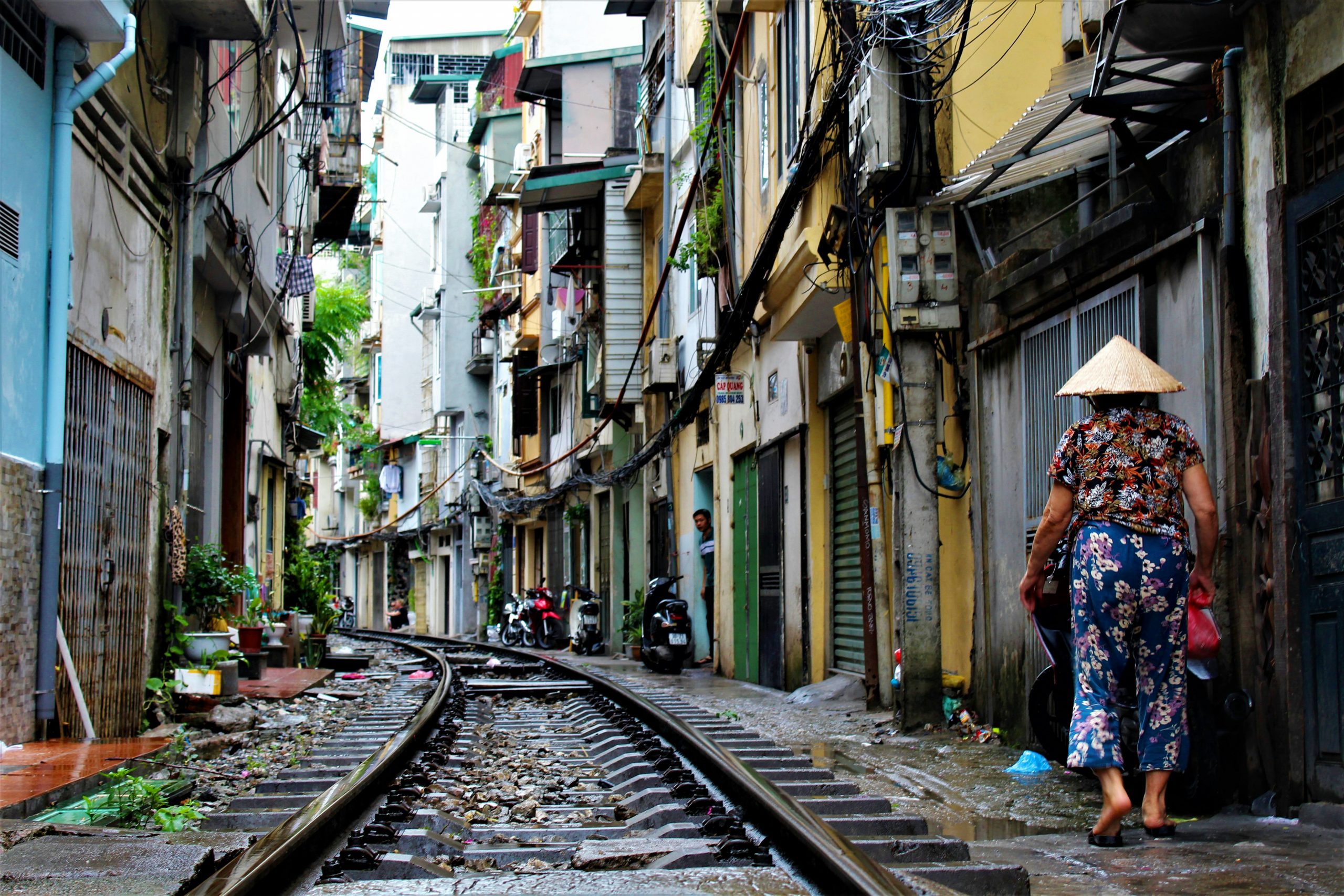Monday morning. Wake up. Coffee. Read the headlines: 77 percent of Americans think their country is on the wrong track.
Tuesday morning. Wake up. Coffee. Read the headlines: war rages on in multiple locations around our world.
Wednesday morning. Wake up. Coffee. Read the headlines: the latest Scanlon-Monash Index of Social Cohesion, which provides a barometer of social wellbeing in Australia, recorded its lowest score since the survey began 16 years ago.
And, I could go on…
With such a consistent stream of distressing headlines, it’s hard not to feel that the current state of global affairs is particularly gloomy. Even in the countries designated as “lucky”, or what we refer to in the development sector as the “Minority World”, critical issues are tearing at the seams of societal cohesion: housing market crises, diminished access to healthcare, reduced faith in government, increasing inequality and poverty. If we turn our attention to developing countries (the “Majority World”) who are facing famine, enhanced impacts of climate change, refugee crises and economic despair, the warm glow of hope starts to dim even further.
However, if the state of global affairs in April 2024 is so desperate then why is it that a small but growing team of us spend our waking hours trying to support our neighbours in the Majority World? And why do we persevere even when faced with consistent and legitimate (some also not so legitimate…) concerns from those around us: Shouldn’t we focus on our own domestic issues? What change could possibly be achieved “over there”? And particularly by a foreigner? Isn’t international development rooted in historical colonialism and ongoing power inequalities? Will the money even get to who needs it the most?
Well, today I’m writing this piece because I can think of at least two reasons why I do what I do (along with many other people I respect and admire). And it’s important to me that I share them with my network and beyond.
The first reason I do what I do is because I get the privilege of working with both the “doers” and the “funders” of international development. To put it simply they are incredible people. Doing incredible things.
At Partners For Equity, my role is to allocate financial resources from people with money to people without money. Its not a lot different to what I used to do in my previous life at Merrill Lynch where we facilitated the transfer of equity ownership from one holder to another. However, these days, I am more likely to marvel at an Aussie who raises millions a year to fight human trafficking in Vietnam than a CEO who raises millions in the IPO of his company. Let me explain:
On the one hand, I get the opportunity to work with individuals who are so engaged and generous, so respectful and inspired by their fellow man in the Majority World that they transfer their own resources to local leaders abroad to make a difference. These funders are committed to an ethos that their own resources are already in excess of what they personally need to enjoy a good life in their own country. Moreover, they are dedicated to the belief that when these critical resources are deployed to the Majority World in a way that is diligent, culturally sensitive and locally-led – that the impact of these funds will far exceed what’s possible in Australia. On the other hand, I simultaneously have the privilege of working with the “doers” of international development. No, they are not only distributing food parcels in desolate refugee camps (although that is also something that requires ongoing support). These social entrepreneurs, program leaders, change-makers, and advocates are educating thousands of children from the poorest of families to become doctors and teachers in Tanzania. They are creating an industry of IT coders in regional towns in Western Kenya, and they are teaching boys to champion gender equality in the fight against female genital mutilation (FGM) and underage marriage. In sum, these local leaders are initiating tsunamis of change in their own communities.
And of course, there is no denying the role of self-interest and self-satisfaction that results as a product of being a part of this process. It is undeniably a wonderful gift to see these individuals at work, see these success stories in real time, and to know that I might have played some (small) role in it. Which takes me to my second reason…

Source: By SchoolofStJude – CC BY-SA 3.0,
The second reason why I do what I do? Because the data shows that even whilst slow, development efforts are working.
At the end of last year, Nichloas Kristof described 2023 as “maybe the best year in the history of humanity” in the New York Times. He paid heed to the 4.9 million child deaths in 2023. However, he also noted that it was “a million fewer than 2016”. There were also “100,000 people emerging from extreme poverty each day”. He further reminded us that polio and Guinea worm disease are close to eradication. Vaccines recently approved for malaria are also expected to save more lives in the near future.
I also recently read an update on development in Burkina Faso. Back in 2012, a group of generous Australians funded a three-year effort to broadcast child survival radio messages. At the crux of this public health initiative was encouraging parents to seek the right medical care for their sick children. Fast forward to 2023, and the first Demographic and Health Survey (DHS) on Burkina Faso released in eleven years reported that mothers who had been losing one in eight of their children before their fifth birthday were now losing one in twenty-one. Consequently, mothers were now having, on average, 4.4 children compared to 6.0 just eleven years earlier. In just a few decades, a solution to world overpopulation is emerging. The organisation has since gone on to successfully broadcast similar messages in over a dozen countries in Africa.

Source: DMI International
What’s more? These examples are just a few tiny stars within the vast galaxy that makes up the international development sector. And as a number of increasingly powerful trends gather speed in our sector, such as trust-based philanthropy, decolonising development and local-leadership, we are only seeing more impact, more effectively. Indeed, when local leaders and communities are appropriately supported onto the first rung of the ladder out of extreme poverty, it is undoubtedly them showing us how to climb the rest of the ladder. It happened in Brazil, it happened in Mexico, it happened in China. If you still don’t believe it, wait until 2029 when India’s first bullet train goes into operation. In Australia, we have not even got such a proposal off the drawing board.
To conclude: to my fellow partners in the sector, remember that you are making a difference. We need more feet on-the-ground. More people like you to keep up the fight.
And to the nay-sayers, whether it be disbelief, stinginess (billionaires who share barely any pennies…I’m looking at you!), or just “never getting around to it” I am not here to judge nor self-congratulate. Instead, I simply ask you to understand why we continue to do what we do. We do it because it does make a difference, because it constantly challenges you to confront your own biases and worldview, it’s fascinating, it’s enjoyable, and it’s rewarding.
——————————————-

Mark Cubit
Mark is the Co-Founder of AIDN and sits on the Steering Committee. Mark has been active in the International giving space since 2005. In that time, foundations he has managed have funded over 200 NGOs in 38 countries. Mark’s current responsibilities are with Partners For Equity, Cubit Family Foundation, Ripple Foundation, Planet Wheeler Foundation, Crap Foundation and he is Chair of The School of St Jude. Prior to his involvement in the philanthropic community, Mark was Managing Director, Australian Equities at Merrill Lynch Equities for 15 years.
Feature image: Unsplash/Thijs Degenkamp – woman in Vietnam.
